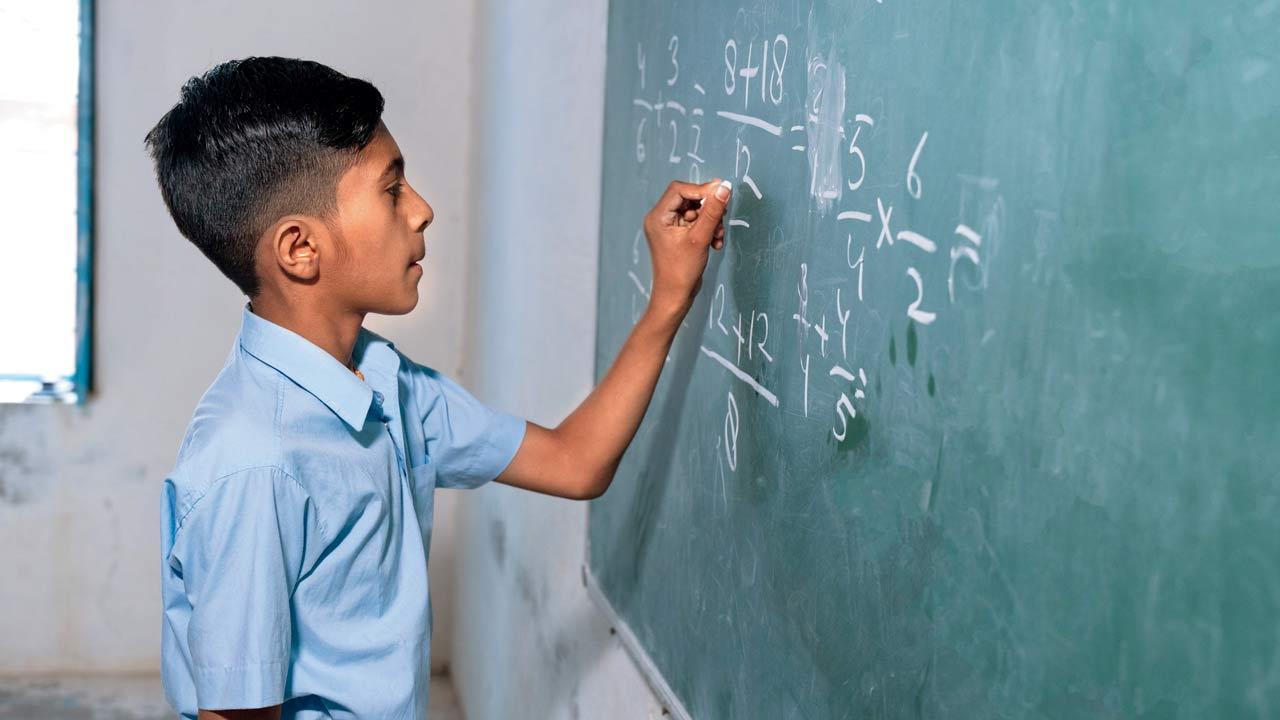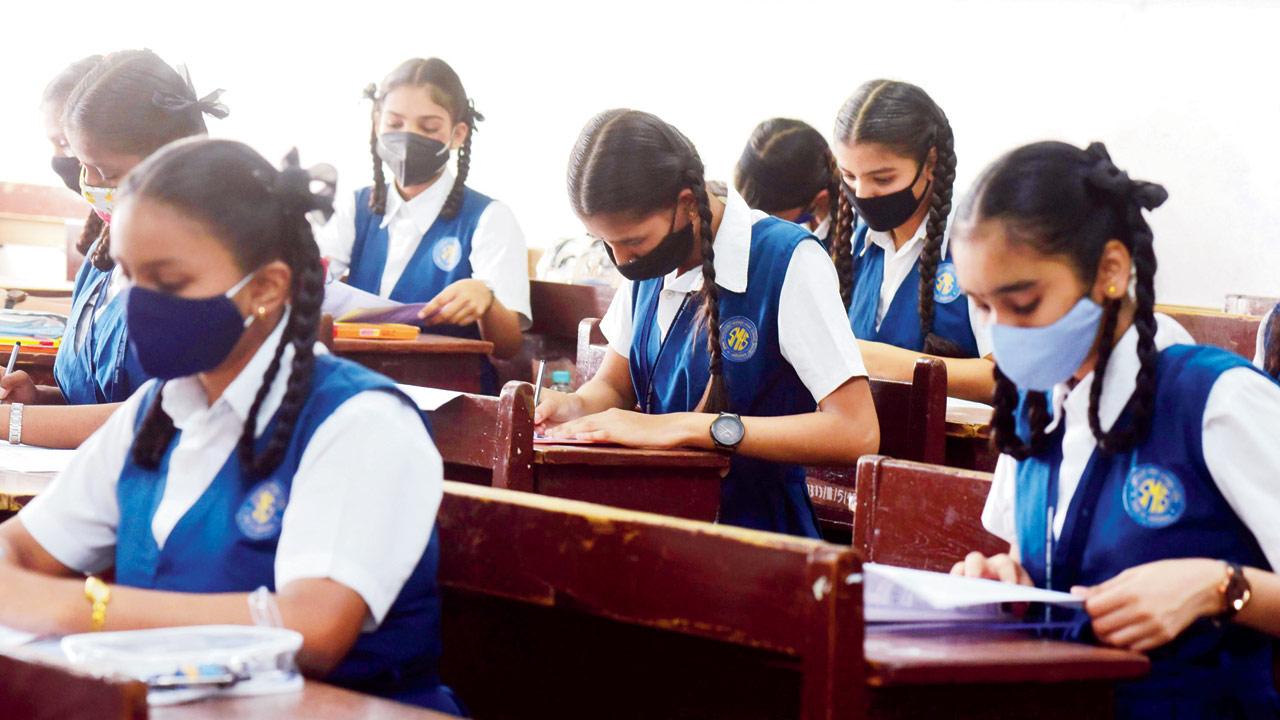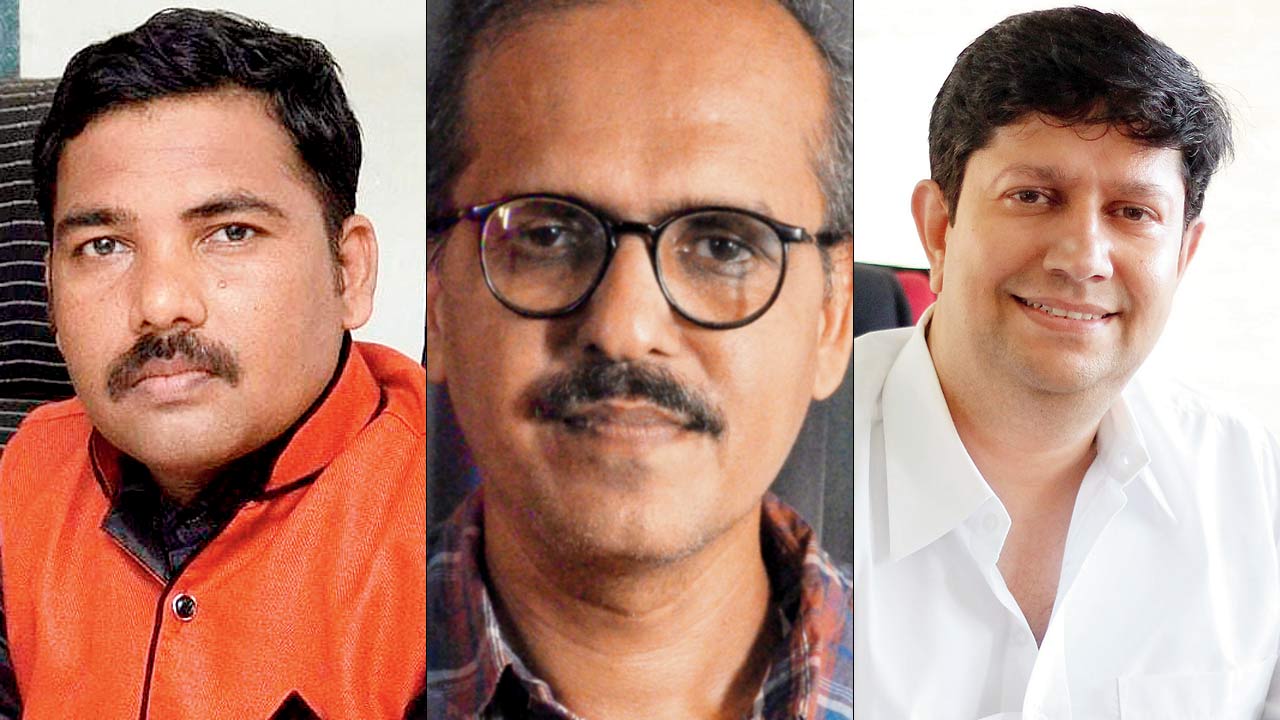Educators, parents welcome move that provides flexibility to those who struggle with core subjects; critics say long-term impact has to be studied

The revised framework seeks to alleviate the pressure on students and allow them to focus on subjects that align with their interests. Representation Pic/iStock
Students in Maharashtra’s state board schools who score between 20 and 35 marks in mathematics and science will soon be allowed to advance to junior college thanks to the revised State Curriculum Framework (SCF), released by the State Council of Educational Research and Training (SCERT). While many have welcomed this move, some educationists are concerned that it may impact the quality of education in the long run.
According to sources, the changes to the SCF are expected to take effect from the academic year 2025-26. However, the SCERT director has stated that they are still working on the details and will soon issue a Government Resolution (GR) that will officially declare the timeline for implementation. The new framework offers two options for students who struggle with these core subjects: they can either reattempt the exam to improve their marks or progress with an SSC certificate that includes a special section acknowledging their partial success in mathematics and science. However, opting for this certificate means students can’t choose these subjects later.

Students sit for the SSC exam at Saraswati Mandir school, Mahim. File Pic/Atul Kamble
This updated provision aims to provide relief for students who have traditionally faced academic challenges in mathematics and science. Many students have historically been held back in their educational journey due to poor performance in these subjects, leading to stress and academic stagnation, the state school education department stated.
Flexibility for SSC students
The new rules particularly benefit students who do not intend to pursue careers that require a strong foundation in mathematics or science. These students can now leave these subjects behind and continue with their academic careers, potentially focusing on areas where they have greater strengths and interests. “It’s one of several changes made after carefully analysing the gaps in the previous syllabus and trends in student performance,” said a senior official from the school education department.
Long-standing challenges
This reform seeks to address the problem of educational stagnation for students who struggle in their Std X exams, particularly in mathematics and science. Officials say the new policy is designed to help students avoid academic limbo caused by difficulties in these subjects.

Sushil Shejule, Aamhi Shikshak president; Heramb Kulkarni, activist and educationist; Hanif Kanjer, director Rustomjee schools
For students who opt out of mathematics and science, the syllabus offers an alternative in the form of general mathematics from Std VIII onwards. This subject was designed for students who are not inclined towards higher-level mathematics, but fewer students have been opting for it.
“The revised framework is meant to alleviate the pressure on students and allow them to focus on subjects that align with their interests and future goals. Not every student needs to excel in mathematics or science to be successful,” the official added.
Official Speak
Speaking with mid-day, SCERT director Rahul Rekhawar explained the motivation behind the changes. “Many students fail their SSC exams due to difficulties in maths and science, and this failure pushes them out of the education system. They often have no choice but to enter informal work sectors. The SSC already has an ATKT-like system, allowing students who fail in two subjects to move to Std IX, provided they clear those subjects before passing Std IX.
They get two chances—once in June and again in March. If students fail in three subjects and collectively need 20 marks to pass, they receive grace marks. Still, many students still drop out due to failure in maths and science, and this prevents them from pursuing ITI or vocational streams,” he said. He added, “Students who excel in languages or the humanities are held back because of their performance in maths and science. This revision gives them a chance to move forward and pursue interests in higher education.”
Educators and activists react
Criticising the move, well-known activist and educationist Heramb Kulkarni made a sarcastic remark, saying that if the state government was willing to promote students with just 20 marks, they might as well hand over SSC certificates along with birth certificates. Kulkarni said, “The government is slowly killing competitiveness among students. Offering easier maths, simplifying exams, and now this. Have they analysed the long-term impact of these changes? This will gradually lower the quality of education. I think the government should reconsider this decision.”
Sushil Shejule, president of the organisation Aamhi Shikshak, stated, “Forcing students to study subjects they have no interest in and then seeing their careers stall due to low marks is unfair. This change is a relief for students and parents alike.” Hanif Kanjer, director of the Rustomjee Group of Schools, said, “This will greatly benefit students who wish to pursue the humanities or arts in the future. It allows them to continue their studies without being held back due to low marks in mathematics.”
New options for students under new SCF
Re-examination: Students who score less than 35 but more than 20 marks in mathematics or science can re-attempt the exam to improve their scores if they wish. SSC certification with remarks: Students who choose not to reattempt the exam can move on to junior college with a certificate that includes a specific remark, acknowledging their limitations in mathematics and science. This will allow them to pursue courses that do not require a strong background in these subjects.
What does the new framework say?
Students who struggle with the core subjects can:
1. Reattempt the exam to improve their marks, or
2. Progress with an SSC certificate that acknowledges their partial success in maths and science, but adds that they cannot pursue streams with the two subjects.
 Subscribe today by clicking the link and stay updated with the latest news!" Click here!
Subscribe today by clicking the link and stay updated with the latest news!" Click here!








